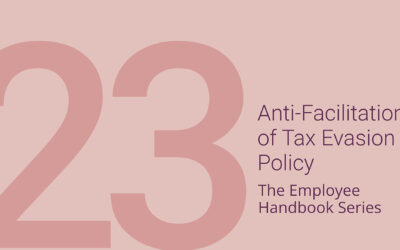EMPLOYMENT LAW FOR EMPLOYERS
Redundancy
Why Choose Atkins Dellow as your Employment Law Solicitors?
Competitive Fees
We offer no obligation chats, just get in touch.
Trust
Clear-cut solutions to put your mind at ease.
Transparent Pricing
Straightforward pricing and payment options. Communicated clearly.
No Legal Jargon
No jargon. We speak in plain English just like you.
Local Solicitors
We have a solicitor near you. Come to us or we’ll come to you.
Care
Regardless of the challenges, we look after your interests.
Dedicated Solicitors
We’ll go the extra mile to offer you hassle-free legal advice.
Flexibility
Consultations via video call, at our offices or by visit to your home or business.
Redundancy FAQs
What is Redundancy?
A dismissal is a dismissal due to redundancy if it comes about as a result of an employer needing fewer employees generally, fewer employees doing work of a particular kind, or fewer employees doing work of a particular kind in a particular place.
Employment Law Specialists at Atkins Dellow
Related Insights
Anti-facilitation of Tax Evasion Policies in Employment Law
Introduction to Anti-facilitation of tax evasion policy As a matter of law employers must give their employees a written document which covers the key terms of the employment relationship. On top of this, it’s good practice for employers to have a staff handbook which...
Menopause Policies in Employment Law
Introduction to Menopause Policy As a matter of law employers must give their employees a written document which covers the key terms of the employment relationship. On top of this, it’s good practice for employers to have a staff handbook which includes the...
Bring Your Own Device to Work Policy for Employers
Introduction to Bring Your Own Device to Work Policy As a matter of law employers must give their employees a written document which covers the key terms of the employment relationship. On top of this, it’s good practice for employers to have a staff handbook which...
Still Need Help?





